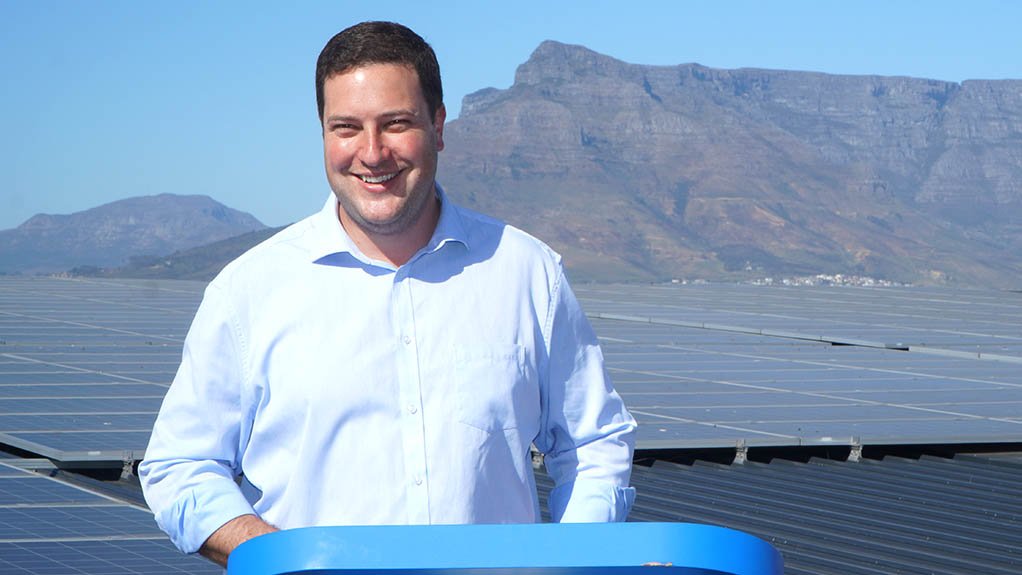The City of Cape Town is pulling out all the stops to protect residents in the event Eskom implements Stage 8 loadshedding.
Cape Town Mayor Geordin Hill-Lewis said during Stage 8 loadshedding, half the metro would be left without power at any given time – at least 12 hours a day.
"The City has already activated its disaster operational centre (DOC) to coordinate the current impact of sustained high stages of loadshedding. In the event of Stage 8 or higher, the DOC responsibilities will be extended to maintaining the operations of essential services – water, electricity, health, waste and transport," he said.
Hill-Lewis added that the DOC would also secure critical societal systems, such as food and fuel supply chains.
"DOC will also be responsible for supporting the safety and security cluster – coordinating with SAPS, Crime Intelligence and role players in the justice, crime prevention and security cluster – [and] ensuring communications and awareness initiatives are up to date, accurate and informative," he said.
Over the weekend, Eskom announced the implementation of Stage 6 loadshedding after eight generation units broke down.
"Business continuity preparations are ongoing within the City, focusing on fuel storage, generators and UPS systems, communications and IS&T network readiness. We remain in this together, and I want to encourage our households and businesses to put in place family and work loadshedding plans," he said.
Meanwhile, the City allocated more money for generators and diesel.
The generators will mainly be used at pump stations to prevent sewage overflows at beaches.
This emerged when the City tabled its annual adjustment budget at its first council sitting for the year, last month.
The budget includes R17-million for generators and R117-million for fuel, so that basic services infrastructure can be provided.
The installation of generators at pump stations comes as the country experiences higher and prolonged stages of load shedding on the City's water and sanitation infrastructure, which has led to sewage spills and overflows, resulting in the temporary closure of five beaches in Cape Town since November last year.
It said 116 of its sewer pump stations were deemed to require generation capacity.
A further R20-million was set aside for additional maintenance at Steenbras Dam.
EMAIL THIS ARTICLE SAVE THIS ARTICLE
To subscribe email subscriptions@creamermedia.co.za or click here
To advertise email advertising@creamermedia.co.za or click here











